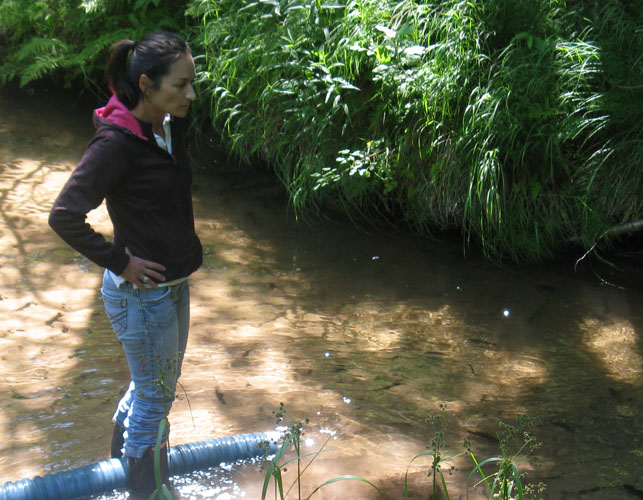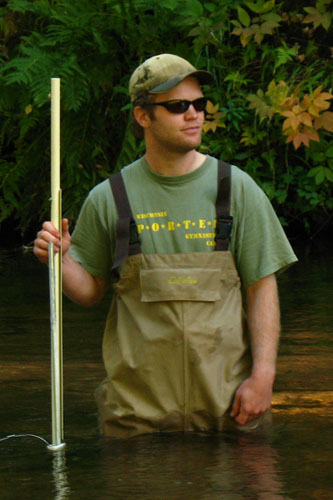The Graduate School is pleased to announce new dissertations are now available in the J.R. van Pelt and Opie Library from the following programs:
- Chemistry
- Engineering Physics
- Mathematical Sciences
- Mechanical Engineering-Engineering Mechanics
- Physics
- Rhetoric and Technical Communication

